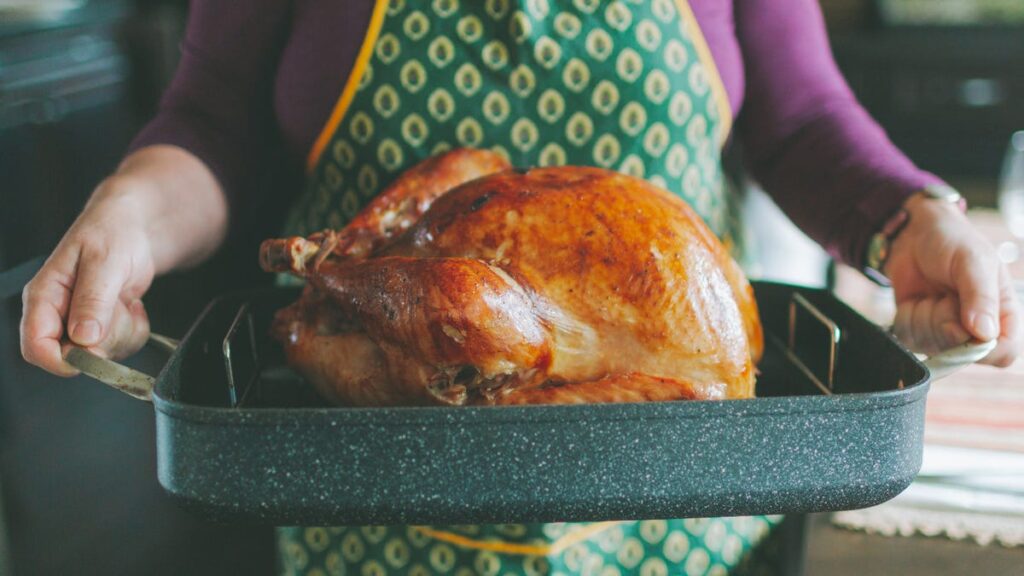This year’s Thanksgiving turkey dinner will cost considerably more, as an intensifying bird flu outbreak threatens poultry populations and turkey availability nationwide.
Estimates, including one from Bernt Nelson, an economist with the American Farm Bureau Federation who spoke to The New York Times, suggest turkey prices may surge 40%. A report by Purdue’s College of Agriculture shows wholesale turkey prices at $1.71 per pound, up a staggering 75% from Oct. 2024.
Industry watchdog Farm Forward provided CNET with data illustrating the severity of the situation. Around 3 million turkeys have perished from Highly Pathogenic Avian Influenza, or HPAI, so far this year. That figure already exceeds the total bird flu fatalities in 2024 (1.25 million), although it remains well below the devastating 2022 outbreak, which claimed over 9 million birds.
Government statistics show this loss — accounting for roughly 1.45% of the nation’s total turkey population — is pushing wholesale turkey prices up more than 26% compared to this time last year.
As Axios reported, the US turkey flock has dropped to its lowest level in four decades. The USDA projects just 4.8 billion pounds of production, representing a 5% decline from 2024.
An accelerating outbreak
A microbiologist tests poultry samples for the presence of bird flu.
The spread of HPAI has accelerated dramatically in recent months, just ahead of the critical holiday season:
- 110 individual outbreaks have occurred on commercial turkey farms in 2025.
- The outbreak is intensifying: 34 commercial turkey flocks have been affected since Aug. 2025, with 21 flocks hit in Sept. alone and 15 already in Oct.
- Minnesota leads the nation in losses, with 962,300 turkeys culled.
- Ohio has experienced the highest number of outbreaks, with 41 individual farms affected (resulting in 511,400 turkey deaths).
Federal policy under scrutiny
While the immediate crisis affects consumers’ wallets, Farm Forward argues that long-standing federal policies, maintained across multiple administrations, have enabled conditions conducive to the massive and persistent spread of HPAI.
The organization contends that the federal government and poultry industry have prioritized profits over public health by allowing the operation of crowded concentrated animal feeding facilities, resisting mandatory HPAI testing protocols and declining to implement vaccination programs for poultry, despite their effectiveness in other countries.
Read the full article here

